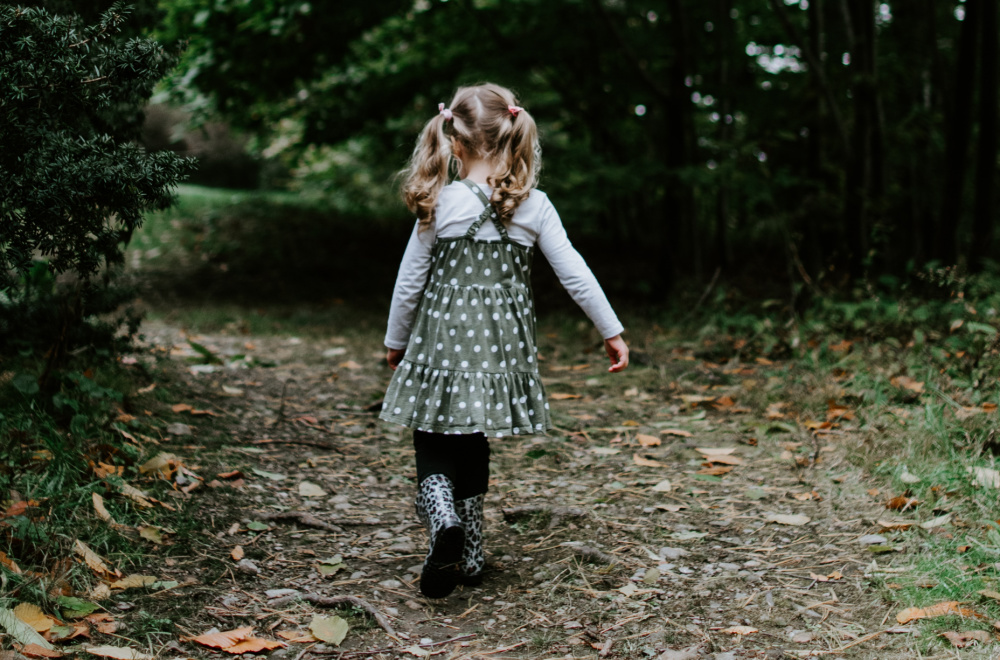Our children are no different to us. When their stress tanks are full, they will have limited capacity to think, plan, or tolerate things that aren’t serving their immediate needs.
In those moments, needs might disguise themselves as snaps, demands, or big behaviour. Emotion is energy in motion (e-motion). This energy can be dressed up as disrespect, and it might have the urgency and force of a meteor. It might be unpolished, brash, hard, but imagine what it’s like from their side, as the ones who are being barrelled by this energy.
When they struggle to understand or say what’s happening for them, they will show you. The showing might be awkward and messy and hard to read, but the clue is there in the feeling – angry, frustrated, irritated, sad, stressed.
‘I hate you!’
Sometimes finding the right words is hard. When their words are angry and out of control, it’s because that’s how they feel.
Eventually we want to grow them into people who can feel all their feelings and lasso them into words that won’t break people, but this will take time.
In the meantime, they’ll need us to model the words and hold the boundaries firmly and lovingly. This might sound like:
‘It’s okay to be angry, and it’s okay not to like my decision. It’s not okay to speak to me like that. I know you know that. My answer is still no.’
Then, when they’re back to calm, have the conversation:
‘I wonder if sometimes when you say you don’t like me, what you really mean is that you don’t like what I’ve done. It’s okay to be angry at me. It’s okay to tell me you’re angry at me. It’s not okay to be disrespectful.
What’s important is that you don’t let what someone has done turn you into someone you’re not. You’re such a great kid. You’re fun, funny, kind, honest, respectful. I know you know that yelling mean things isn’t okay. What might be a better way to tell me that you’re angry, or annoyed at what I’ve said?’
Emotional-regulation takes time and experience … and it starts with us.
For sure, we want our children to be able to communicate respectfully, but this will take time and experience.
The best experience is from us. Nothing will be more powerful than how we behave when we’re stressed. Do we speak to them gently and respectfully? Or do we shout, and get demanding and insistent?
There is a time for teaching, but not when their stress tanks are full. They just don’t have the capacity to hear, register, and store the information in a meaningful way. None of us do.
Hold the boundary and attend to relationship (through validation) until they come back to calm. Then, have the conversations that will grow them.
Consequences? Maybe, but maybe not.
There might be a need for consequences if they’ve caused harm, otherwise, they might be pointless. Remember the whole point of consequences is to put things right, or to teach them a different way to respond when they feel big. They’ll learn more by talking with you than any other way. ‘What happened?’ ‘What can you do differently next time,’ How can I help?’ ‘How can we put things right?’ ‘Do you need a hand with that?’
The idea of needing consequences to motivate them to do better is outdated and assuming they aren’t already motivated to do better. The problem isn’t the want. It’s the how. Preserving our connection and seeing through the behaviour to the feelings and needs underneath is key. It keeps their path to us well-lit and wide open.



Stop yelling at your kids people, it’s no wonder they act out later in life.
Thank you very much, so interesting columns. I was a teacher when I came across your advice first and it helped me enormously, but now I work in customer service and in the wideworld I find a lot of situations where i can find applications of it too and help understand our emotions and live a happy life. Thank you very much.
Best wishes!💕